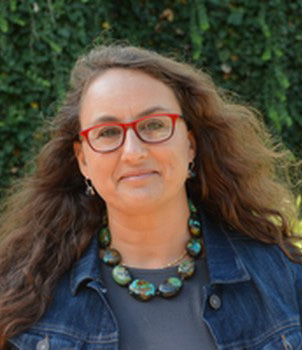WEBSITE
https://www.canr.msu.edu/people/goralnik
BIOGRAPHY
I am an assistant professor in environmental studies and community engagement in the Department of Community Sustainability. I am also affiliated with the Center for Gender in a Global Context (GenCen) and the Environmental Science and Public Policy (ESPP) program. Broadly my work lies in the areas of environmental ethics and experiential and environmental learning. I use the tools of qualitative social science—interviews, questionnaires, focus groups, participatory methods, ethnography, text analysis—to explore relationships, learning, and engagement with self, communities, and place. I have a PhD in Fisheries and Wildlife from MSU, an MFA in creative writing from the University of Idaho, and a bachelor’s in English from Stanford University. I also worked for years as a field educator for wilderness leadership schools and my academic work on experiential learning reflects this training and practice. For my dissertation work I studied a wilderness ethics field course I developed and taught in Isle Royale National Park, exploring the ways care for place and community develops or shifts as a result of a community-focused environmental ethics and place-based ecology curriculum. Prior to returning to MSU I was a postdoctoral scholar in the Department of Forest, Ecosystems, and Society at Oregon State University, where I primarily worked in the H.J. Andrews Experimental Forest on projects related to arts, humanities, and environmental science interactions.
AREA OF EXPERTISE
- Arts, humanities, and environmental science collaborations: Empathy and sense of place
- Discovery Trail place-based digital interpretation for middle- and high-school learners
- Long-term Ecological Research (LTER) Network place-based collaborations and art-science show visitor impacts
- Experiential learning and community engagement in sustainable food systems: Changemaking, STEM identity, critical sustainability agency
- Contemplative practice and resilience (individual, community, ecological)
- Research experiences for undergraduates (REU): STEM identity and retention
- Public food ethics: Community engaged food waste conversations
- Urban agriculture in the greater Lansing area: Governance and ecological citizenship
- Classrooms Take Charge: Community engaged carbon and climate learning for middle school learners


